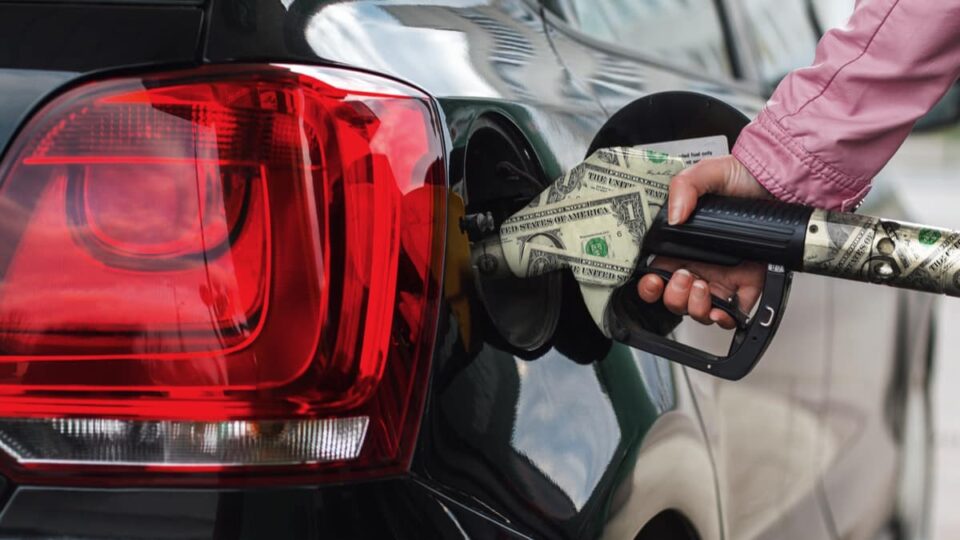The cost of fuel. Four simple words that are enough to send shudders down the spines of most people these days! However, things are even worse when your car’s fuel economy isn’t strong, leaving the vehicle guzzling far more fuel than it ought to. In line with this, knowing about the most common reasons your car’s fuel economy isn’t strong can help, and our experts have summarised some key things you need to know to help.
Maintenance Tips for Optimal Fuel Economy
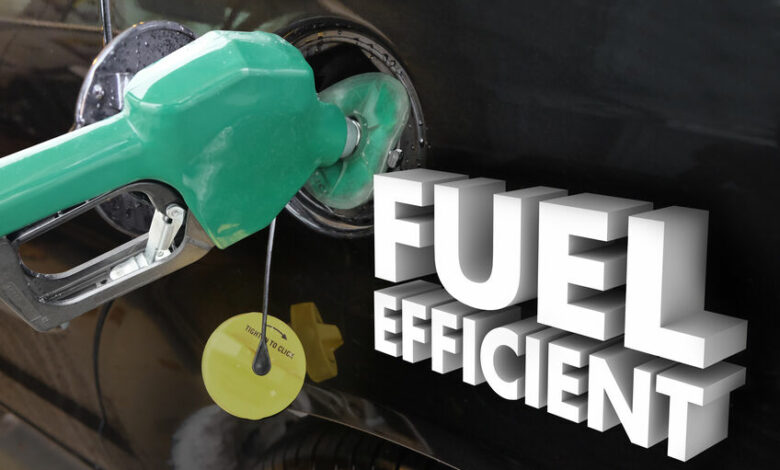
Before we explore the common pitfalls that affect your car’s thirst for fuel, let’s talk about prevention. Regular maintenance is the key to keeping your car running efficiently. This includes timely oil changes with the grade recommended by your manufacturer, ensuring your air filters are clean to allow for proper engine breathing, and sticking to a service schedule that keeps every component in check. It’s the automotive equivalent of a balanced diet and regular check-ups for your car.
If you’ve noticed poor fuel economy in your car, the following five reasons might shed some light on the issue.
1. Not Checking the Car’s History
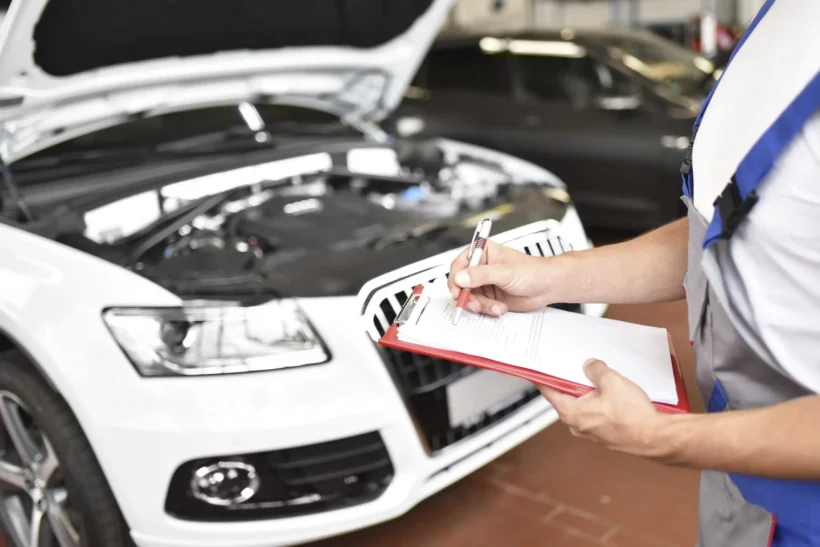
When buying a new second-hand car, ensuring the sale is genuine is highly important before handing over any money. In line with this, getting a vehicle check is one of the most important steps in the buying process. This can help you identify any potential issues that might relate to your car’s past MOTs and mileage records (among other factors), thus reducing the risk of buying a vehicle with obvious fuel efficiency issues – or predisposing factors.
2. Driving with Underinflated Tyres
Did you know that underinflating your car’s tyres can significantly impact its fuel efficiency? If your car’s tyres aren’t fully inflated, you may notice that your fuel use begins to tick up, having significant consequences for the cost of running your car accordingly.
3. The Role of Aerodynamics and Weight on Fuel Economy
Let’s not forget the silent guzzlers: poor aerodynamics and excess weight. The more your car fights against air resistance, the more fuel it burns. Similarly, every extra pound it carries demands more energy to move. So, think twice before you decide to carry that heavy load in your trunk for weeks on end. Streamlining your vehicle and shedding unnecessary weight is like choosing the stairs over the elevator — a small choice for a fitter, more fuel-efficient ride.
4. Poor Quality Fuel
Depending on the type of car you are running, using high-ethanol fuels can impact your overall fuel efficiency. In line with this, if you’re looking to reduce the frequency of topping up on fuel, choosing a premium option may help; however, whether this is cost-effective may depend on your car.
5. AC Overuse
It’s easy to overlook how much energy your air conditioning system uses. In line with this, if you are the sort of person who regularly uses the AC, continue turning this off if you don’t need it. The air conditioning invariably uses a substantial amount of fuel, in turn impacting your fuel efficiency significantly.
6. Inefficient Driving System
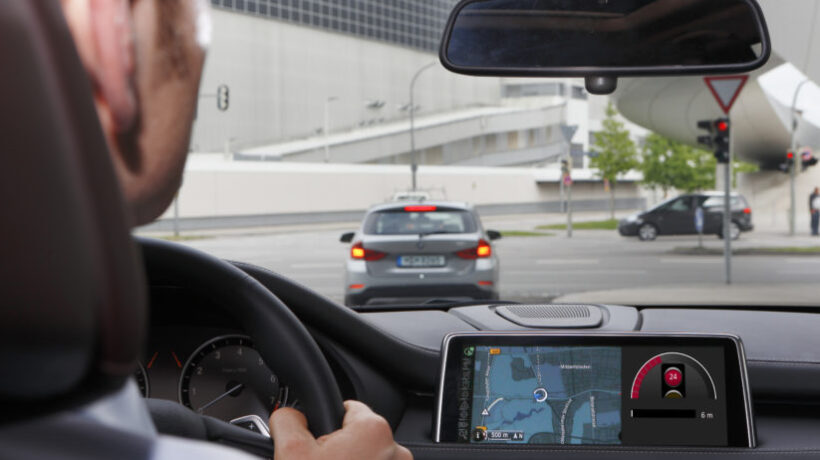
How you drive can often have a huge impact on your fuel efficiency, in addition to the features of your car. Regularly doing very short or stop-start drives will result in your fuel economy falling greatly. Idling regularly or for long periods of time can also waste fuel, especially considering you’re likely not going anywhere very quickly! And, finally, try to avoid regularly accelerating quickly and then braking heavily; gentle acceleration and consistent speeds, with gentle deceleration, can help prevent fuel wastage and promote better fuel economy as a result.
7. Technological Advances in Fuel Economy
Technology is a beacon of progress. From the advent of start-stop systems that cut the engine at red lights to the sophistication of hybrid engines that marry gasoline with electric power, the automotive industry is not short on innovation. Energy recovery systems that harness power during braking are no longer confined to the racetrack; they’re becoming commonplace, providing a sip of energy to quench your car’s thirst more efficiently.
8. The Impact of Weather and Road Conditions
Weather and road conditions often play an underrated role in your car’s fuel consumption narrative. Extreme temperatures can make your engine work harder, affecting its efficiency. The same goes for driving on hilly terrain or non-paved roads — they demand more from your vehicle, leading to increased fuel use. Understanding these factors can help you anticipate and adjust your driving for better fuel economy.
9. How Regular Driving Habits Influence Fuel Economy
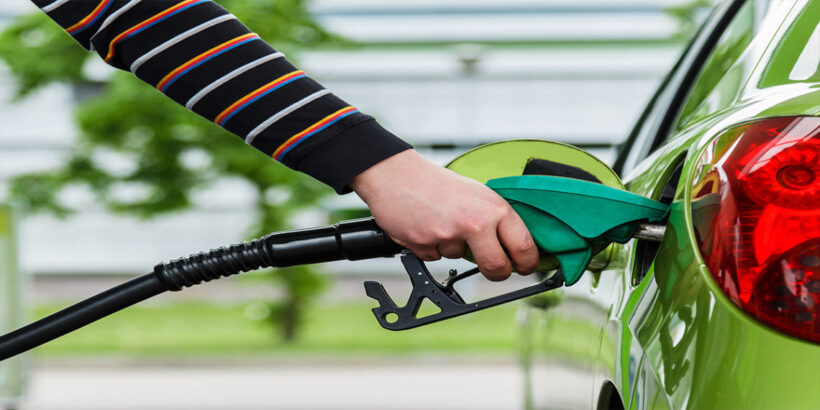
Beyond the mechanical and technological, there’s the human factor — your driving habits. The cumulative effect of how you drive daily can either sip fuel or guzzle it. Smooth, anticipatory driving, avoiding harsh accelerations and braking, and sticking to optimal speed ranges can turn the tide in your favor. It’s about creating a symphony of efficiency between man and machine.
Fuel Economy Myths Debunked
Let’s dispel some common myths about fuel economy and set the record straight:
Myth: Premium fuel boosts fuel economy in all cars
Fact: Premium fuel only benefits engines designed to utilize higher octane levels. For most vehicles, especially those not specifically requiring premium fuel, the higher cost doesn’t translate into improved fuel economy or performance.
Myth: The air conditioner is the main culprit for poor fuel economy
Fact: While using the AC does increase fuel consumption, it’s not as significant as some might think. Driving with open windows at high speeds can create more drag, which can be worse for your fuel economy than using the AC.
Myth: Manual transmissions always get better fuel economy than automatics
Fact: This used to be true, but modern automatic transmissions have become much more efficient, often outperforming manuals in fuel economy due to advanced technologies like CVTs (Continuously Variable Transmissions) and dual-clutch systems.
Myth: Idling is better for your engine than turning it off and on
Fact: Idling for long periods wastes fuel and is less efficient than turning off the engine. Modern cars are designed for frequent starts and stops, so turning off your engine at long stops can save fuel.
Final Thoughts
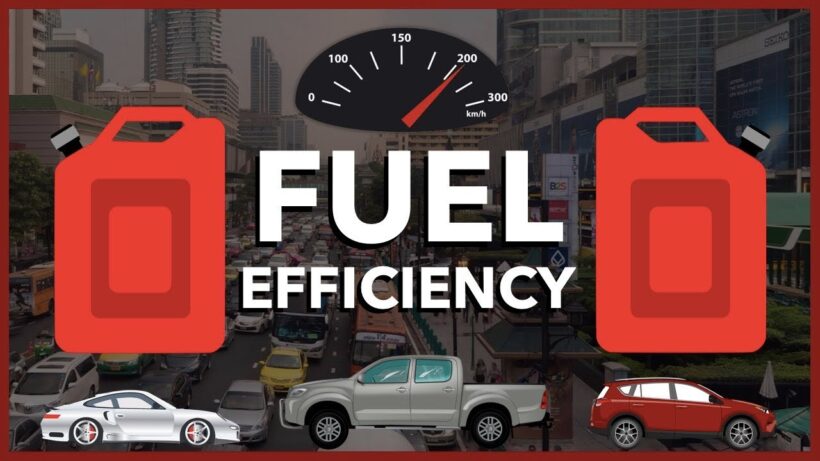
Fuel economy is vitally important, as this plays a direct role in how much fuel your car uses (and, in turn, how much it costs to run). Luckily, though, being aware of the most common causes of poor fuel economy can be a big help when it comes to managing your car’s cost to run.

